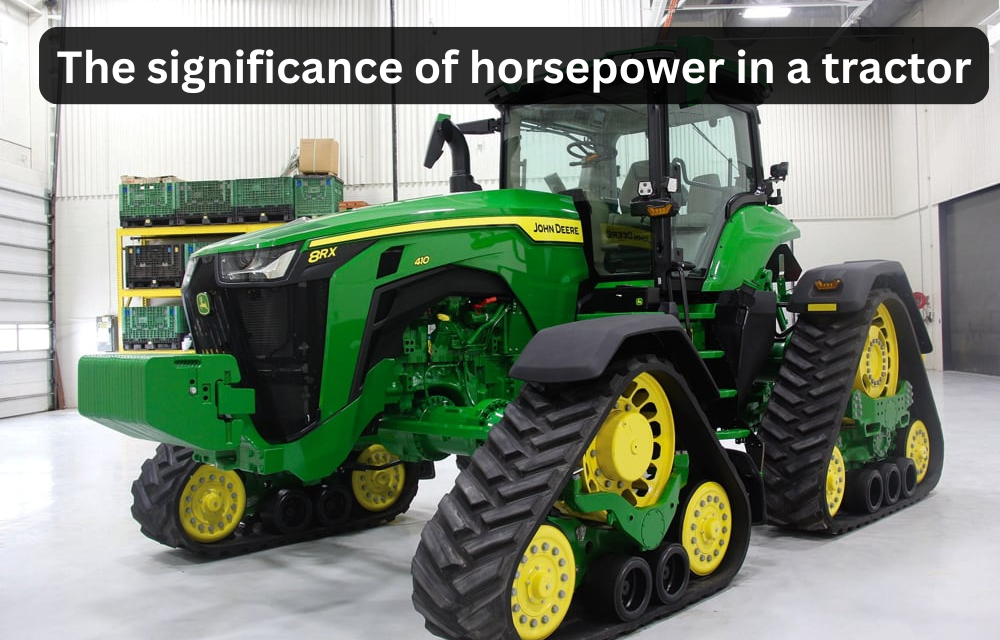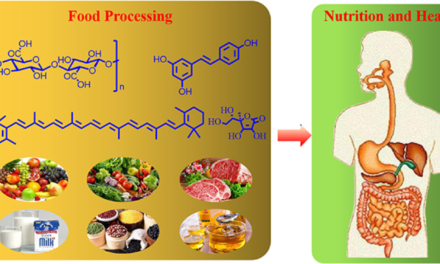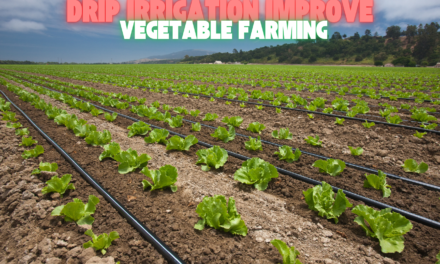Horsepower (HP) is a critical measure of a tractor’s capability and plays a significant role in determining its performance in agricultural and industrial tasks. Here’s an overview of its significance:
1. Engine Power
- Definition: Horsepower reflects the engine’s ability to do work over time. For tractors, it indicates the power output available for various operations.
- Impact: A higher horsepower rating generally means the tractor can handle heavier loads and more demanding tasks.
2. Field Operations
- Plowing and Tillage: High-horsepower tractors are better suited for heavy-duty tillage, deep plowing, and pulling wide implements, which increases efficiency in large fields.
- Planting and Harvesting: Tasks like planting or operating harvesters that require consistent and reliable power benefit from tractors with adequate horsepower.
3. Towing Capacity
- Horsepower determines the tractor’s ability to tow equipment, trailers, or loads. This is particularly important in transporting goods or moving heavy machinery on farms.
4. Hydraulic and PTO Operations
- Power Take-Off (PTO): Many farm implements, like mowers, balers, and sprayers, run on PTO power. Horsepower directly influences the ability to run these tools effectively.
- Hydraulic Systems: Tractors with higher horsepower often have more robust hydraulic systems to operate attachments like loaders and backhoes.
5. Farm Size and Terrain
- For small farms or light-duty tasks, lower-horsepower tractors (20-50 HP) may suffice.
- For large-scale operations or hilly terrains, tractors with higher horsepower (100+ HP) provide the necessary power and torque.
6. Fuel Efficiency and Cost
- While higher horsepower improves performance, it also impacts fuel consumption. Farmers must balance horsepower needs with operating costs to optimize efficiency.
7. Versatility
- Tractors with the right horsepower range can handle a wider variety of implements and attachments, making them more versatile for multiple farm operations.
The significance of horsepower in a tractor lies in its direct influence on the tractor’s productivity, capability, and versatility. Choosing the appropriate horsepower depends on the scale of operations, type of tasks, terrain, and implement requirements.









